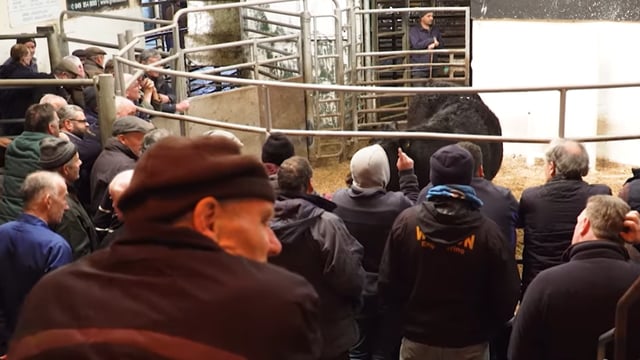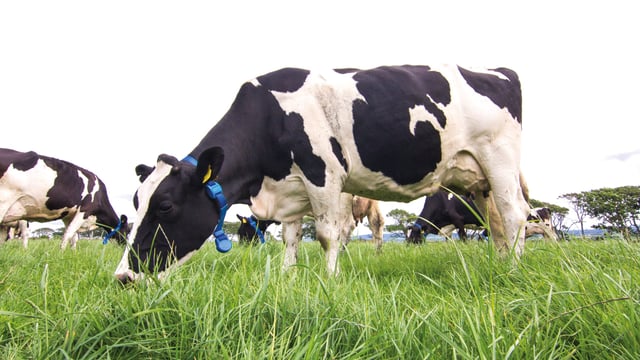CAP proposals: Supports to help farmers take time off
As part of its range of proposals for the next Common Agricultural Policy (CAP), the European Commission is aiming to provide more supports to allow farmers take a break from the farm.
The commission yesterday (Wednesday, July 16) announced its proposals for the CAP post-2027, along with the proposed long-term EU budget, or Multiannual Financial Framework (MFF) from 2028-2034.
The plans, which require the approval of the European Parliament and member states, would potentially bring an end to the traditional two-pillar structure of CAP.
€300 billion of the total €2 trillion budget will be ringfenced in a single fund to support farmers, including environmental measures, on-farm investments, support to young farmers, and risk management tools.
EU Commissioner for Agriculture Christophe Hansen said that the commission is now recognising "the importance of mental health and work-life balance for farmers".
The proposals include introducing support for farm relief services during sickness, childbirth, or holidays.
"For the first time we stress the importance of advisory services in raising awareness about mental health issues.
"Talking about farmers' wellbeing, we are for the first time recognising the necessity for farmers to balance professional duties and family responsibilities.
"We therefore foresee for the first time that it is possible to provide support for farm relief services facilitating replacement of farmers during sickness, childbirth or holidays.
"This goes back to my confirmation hearing where I strongly emphasised this point. Farmers deserve this balance and relief from their daily duties, as we all have it," Commissioner Hansen said.
According to draft documents on the proposals, the commission wants to enhancing working conditions and life in rural areas by offering relief services and support for cooperation.
"It should be possible to provide support for farm relief services facilitating replacement of farmers during leave for sickness, childbearing, holidays or in case of training participation
"It should be possible to support establishment of these services as well as wages for temporary workers replacing the farmer," the documents said.





